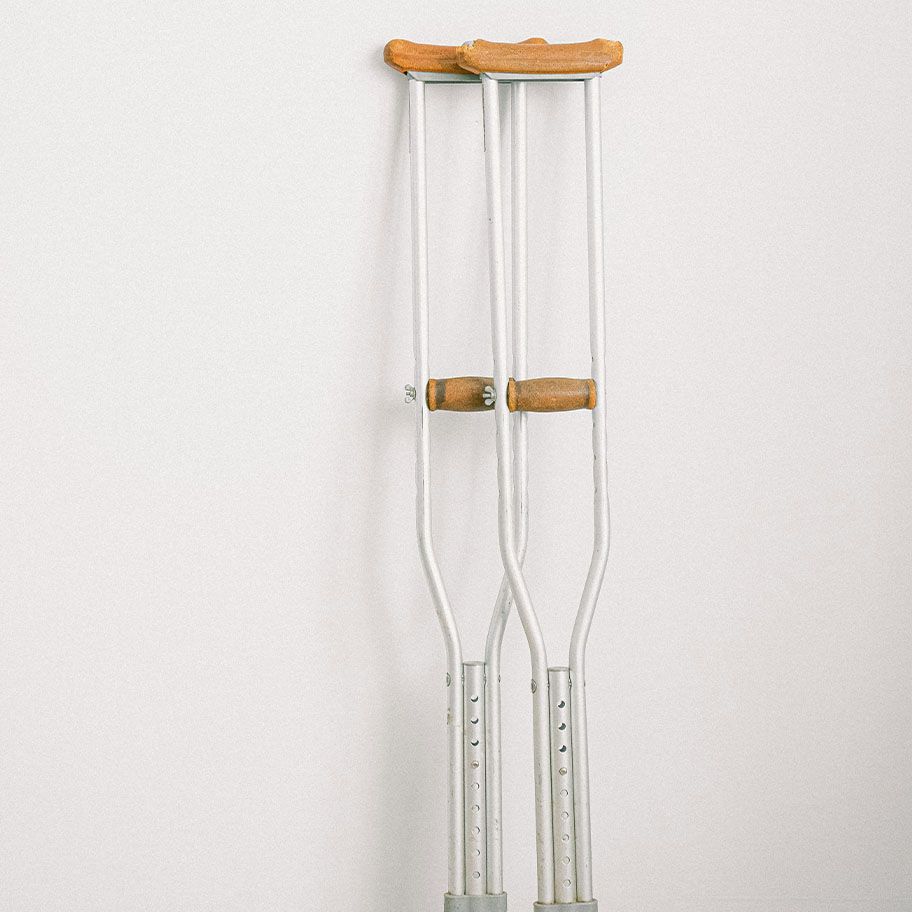Common types of orthopaedic surgery claims (list is not exhaustive)
- Failing to diagnose a fracture following an x-ray.
- Neglecting to arrange an x-ray for a fracture.
- Incorrect placement of screws or plates.
- Nerve damage injuries during surgical procedures.
- Inadequate repair of fractures.
- Occurrence of post-operative infection
- Insufficient post-operative care leading to wound infections.
- Complications during ankle, knee, or hip replacement surgeries.
- Improper installation of a prosthesis (such as knee or hip replacements), which involve inaccuracies in sizing.
The outcome of an injury can vary based on the severity of the damage. Patients may fully recover quickly or experience persistent symptoms like ongoing pain, immobility, diminished sensation stemming from nerve or blood supply impairment, or disability.
These injuries can disrupt work, studies, self-care, and daily routines. Subsequent medical procedures or therapies may be deemed necessary.
An initial consultation with our team can offer an evaluation of your circumstances and guide you through potential courses of action.
Compensation awarded for orthopaedic surgery claims
Compensation claims stemming from orthopaedic surgery negligence encompass two primary areas of loss:
- Enduring pain and emotional distress arising from the injury.
- Tangible expenses incurred as a result of the injury, such as immediate costs like transportation, accommodation, and medical treatment, as well as foreseeable future expenses such as ongoing physical therapy and care.
- Special damages such as hospital care, rehabilitation costs, pharmacy expenses, consultants fee and loss of earnings.
Our compensation claims estimator can provide guidance on the potential compensation available for your specific orthopaedic injury case.
Time constraints when making a claim
It is important to note that there is a specific timeframe in Ireland within which you can initiate legal proceedings.
Anyone intending to pursue a medical negligence claim through the legal system must do so within a two-year period minus one day, from either the date of occurrence of the error, or from the time you became aware of the injury.
Therefore, the two-year limit can commence from the moment you notice symptoms, sustain a significant injury, or uncover evidence of malpractice.
For minors, the time limit begins once they reach 18 years of age, granting them until their 20th birthday to initiate legal action. Parents/guardians with legal authority are permitted to initiate a claim on their behalf before the child reaches adulthood.
If you are uncertain about your position, call a member of our medical negligence team who will be happy to discuss your case further with you.
Making a claim
Initiating a claim may seem overwhelming, however our solicitors are experienced in this field and can make the legal process more manageable. Also, it’s important to remember that many orthopaedic medical negligence claims are settled without ever having to go to court.
When considering orthopaedic injury compensation claims, it is crucial to prioritise your well-being as your primary concern.
From the very first interaction with our solicitors, we will listen to your concerns and needs and advise you what we can do for you from a legal perspective.
Most claims are finalised within an average timeframe of two to three years, however this can vary depending on the circumstances of individual cases. In more complicated cases it is very difficult to give an expected timeline. Throughout this process, our medical negligence team will maintain clear and open communication with you.
Entrusting our expert medical negligence team to manage your claim enables you to concentrate on your recovery and well-being, while we look after your case.
Contact us to find out more or to tell us about your case.

